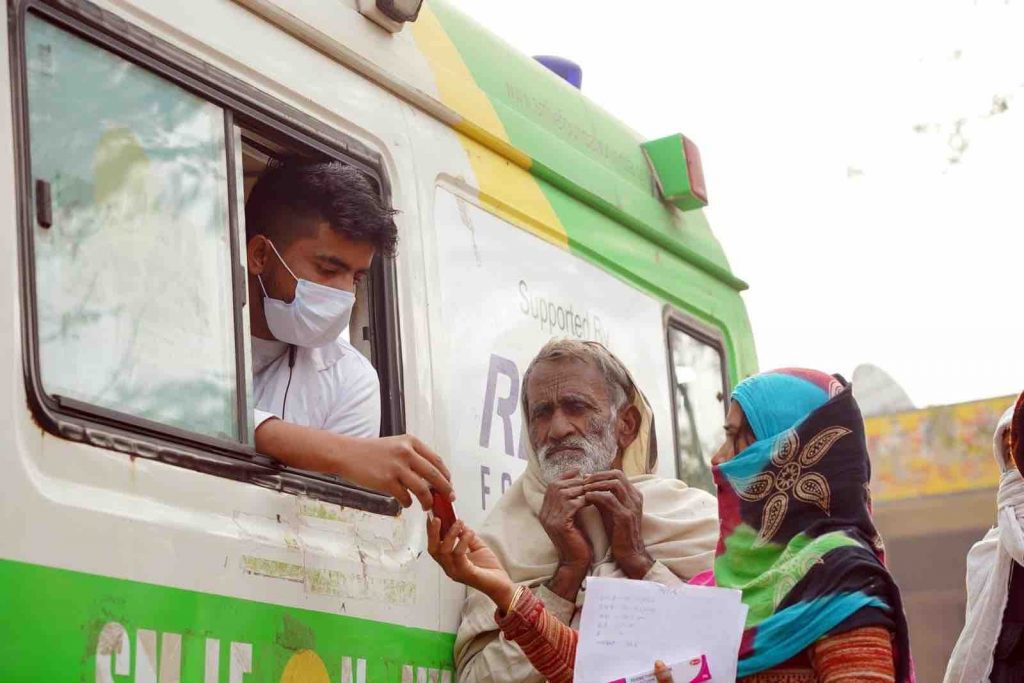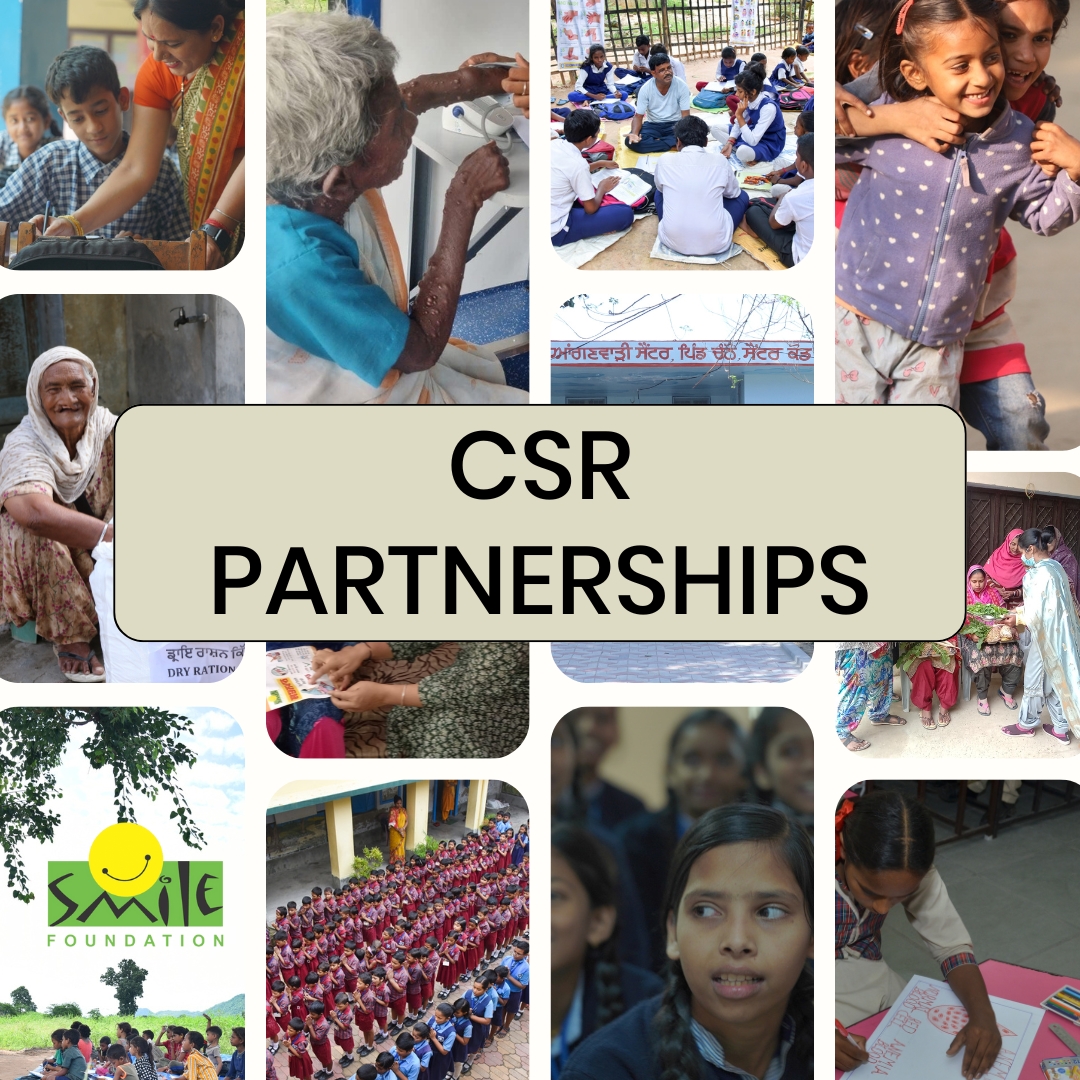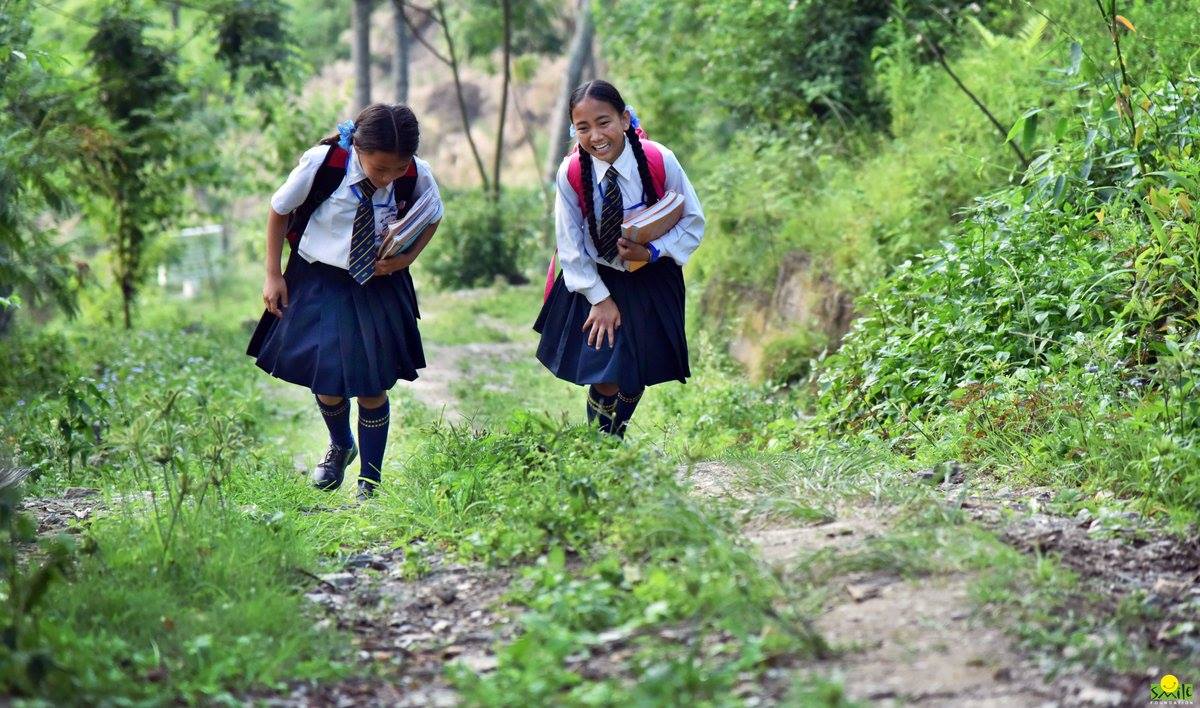India is often seen as a hub for medical tourism, attracting patients from across the globe who seek quality healthcare at affordable costs. Yet, paradoxically, many Indians themselves exhibit a striking reluctance to seek medical help until their health conditions become severe. This delay in health-seeking behaviour can lead to worsened outcomes and, in many cases, preventable deaths, particularly among the youth.
The Reluctance of Indians to Seek Medical Help
Despite the advanced medical facilities available, many Indians tend to ignore their health issues until the pain becomes unbearable or there is visible evidence of something seriously wrong. This tendency is often due to a combination of cultural factors, lack of awareness and economic constraints. According to studies published less than 35% of rural Indians seek medical help when needed. The numbers are better for urban areas. This disparity underscores the urgent need for increasing health awareness and improving access to healthcare across the country.
Rising Incidence of Young Deaths
India has seen a worrying trend of young adults succumbing to heart attacks and other lifestyle-related diseases. According to the World Health Organization (WHO), cardiovascular diseases (CVDs) are the leading cause of mortality in India, accounting for over 27% of all deaths.
Alarmingly, a significant portion of these deaths occur in individuals under the age of 50. This trend is not unique to India; worldwide, the incidence of young deaths due to heart attacks is rising. The American Heart Association reports that heart attacks in people aged 35-54 have been increasing steadily over the past decade.
Promoting Health-Seeking Behaviour in Children and Women
To combat these alarming statistics, it is important to instill health-seeking behaviour from a young age. Schools can play a pivotal role in this regard. By incorporating health education into the curriculum, children can learn about the importance of regular check-ups, a balanced diet, physical activity and early detection of health issues. Health camps and regular screenings in schools can ensure that health issues are identified and addressed early.
For women, especially those in rural areas, Anganwadi centers can be instrumental. These centers, which are part of the Indian public health system, can provide not only maternal and child health services but also educate women about the importance of seeking timely medical help. By leveraging these existing structures, we can promote a culture of health-seeking behaviour among some of the most vulnerable populations.
The Link Between Healthcare and Economic Health
Good healthcare infrastructure is a hallmark of a healthy economy. When people are healthy, they are more productive, which contributes to economic growth. The WHO emphasizes that investments in health can yield significant economic returns- India with its dream of surpassing the second largest economy in the world by 2048 has to care about the purchasing power parity (PPP) of its citizens. A factor deeply dependent on the good health of Indians.
For every dollar invested in health, there is a return of up to $4 in terms of increased productivity and reduced healthcare costs. Thus, improving healthcare infrastructure and promoting health-seeking behaviour are not just moral imperatives but also economic necessities.
Smile Foundation’s Healthcare Initiatives
Smile Foundation is actively working towards bridging the healthcare gap in India through various innovative programmes.
- Mobile Medical Units: These units smartly names Smile on Wheels (SoW) travel to remote and underserved areas, providing essential medical services to those who have little or no access to healthcare facilities. They offer a range of services including general free health check-ups, diagnostic tests and distribution of medicines.
- Telemedicine: Leveraging technology, our telemedicine initiative connects patients in remote areas with specialist doctors. This service ensures that even those in the most inaccessible regions can receive expert medical advice and care.
- Health Camps: Regular health camps are organised in urban slums and rural areas, focusing on preventive healthcare. These camps offer screenings for various diseases, vaccinations and health education.
- Dental Care: Recognising the importance of oral health, Smile Foundation conducts dental camps where free check-ups and treatments are provided.
- Physiotherapy for Truck Drivers: This unique initiative addresses the health needs of truck drivers, who often suffer from musculoskeletal problems due to long hours of driving. Through physiotherapy camps, drivers receive the care they need to remain healthy and productive.
What can you do?
Your support can make a significant difference in the lives of many. By making a donation to our healthcare initiatives, you can help ensure that more Indians with less means have access to the medical care they need. Together, we can promote health-seeking behaviour, improve healthcare infrastructure and ultimately SAVE LIVES.
Through these efforts, Smile Foundation aims to create a healthier, more informed society where every individual has the opportunity to lead a healthy life. Your thoughtful contribution here can help turn this vision into reality.









